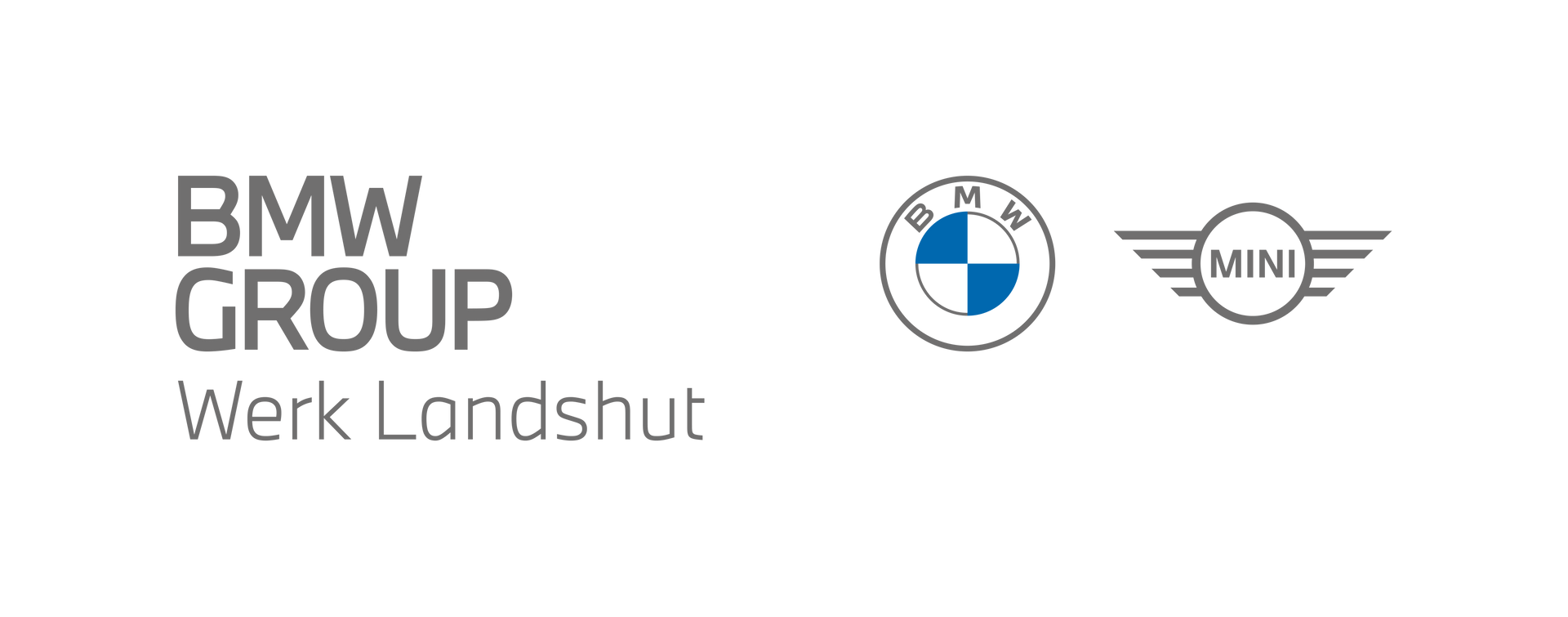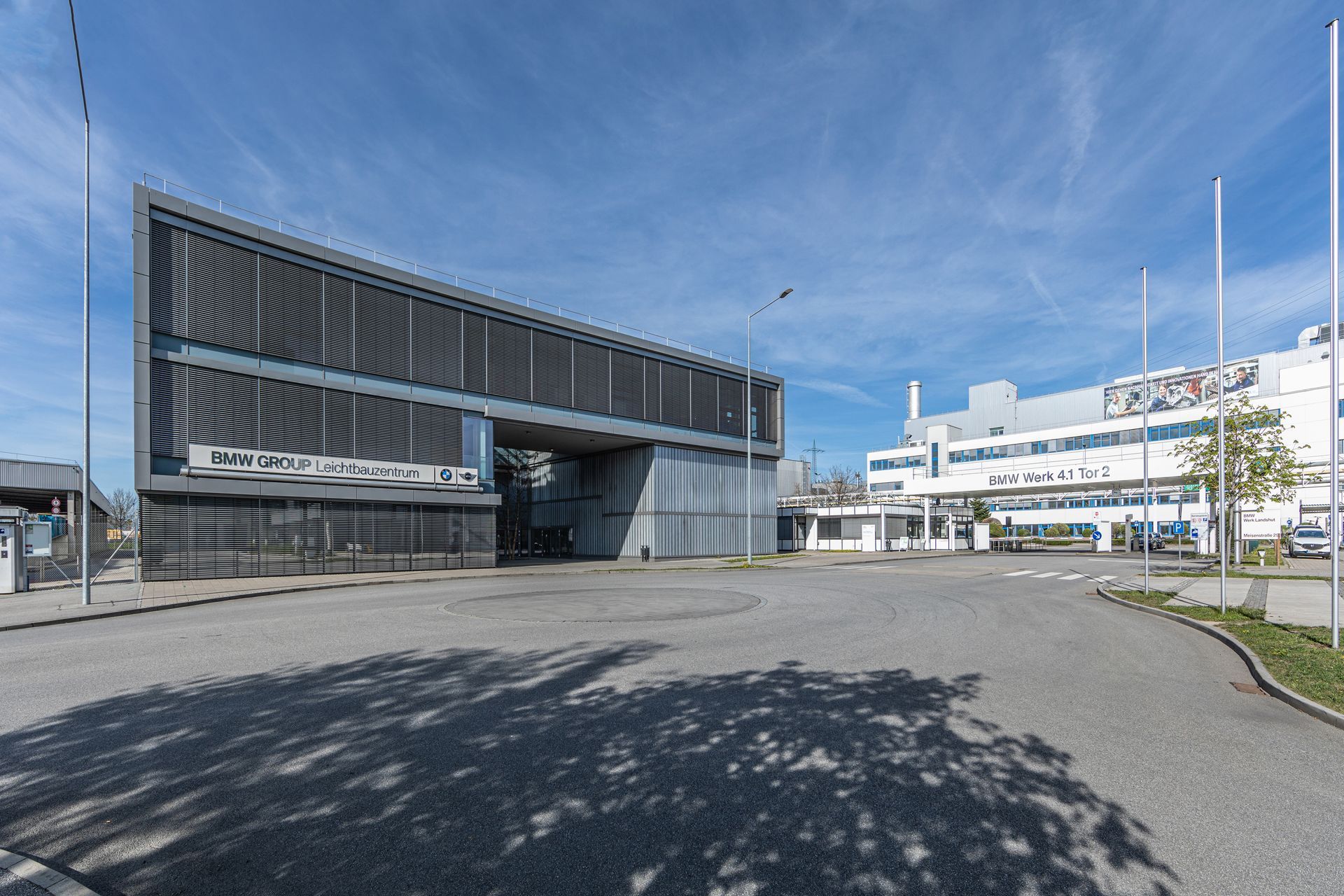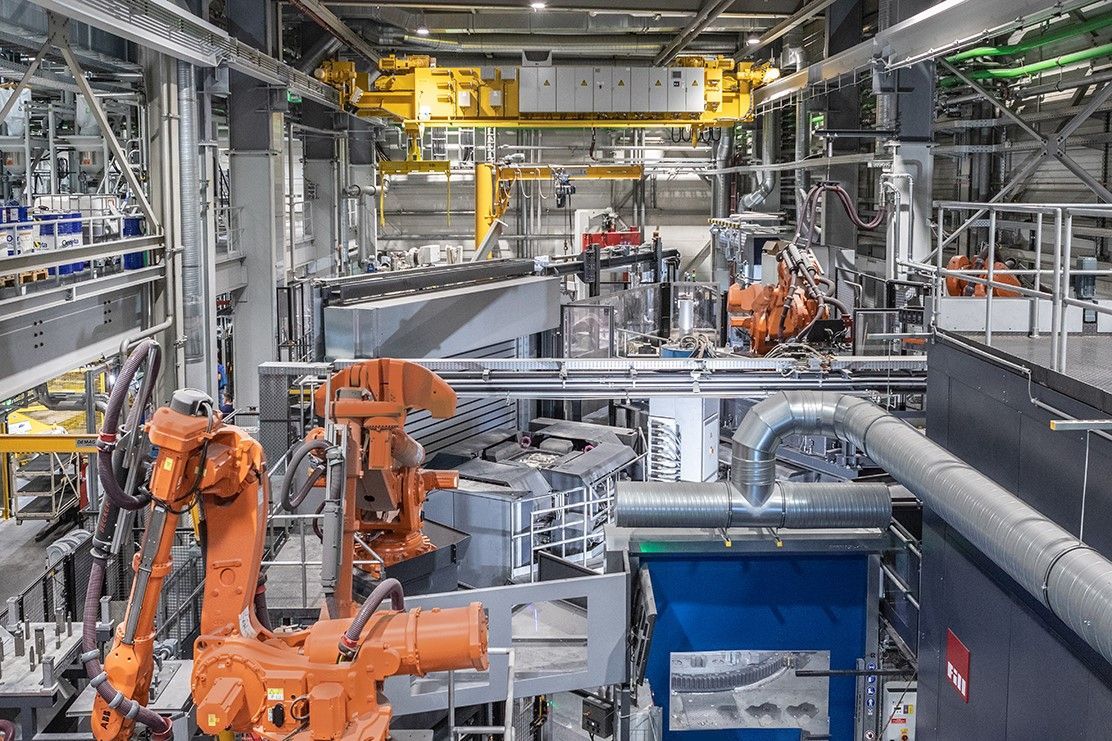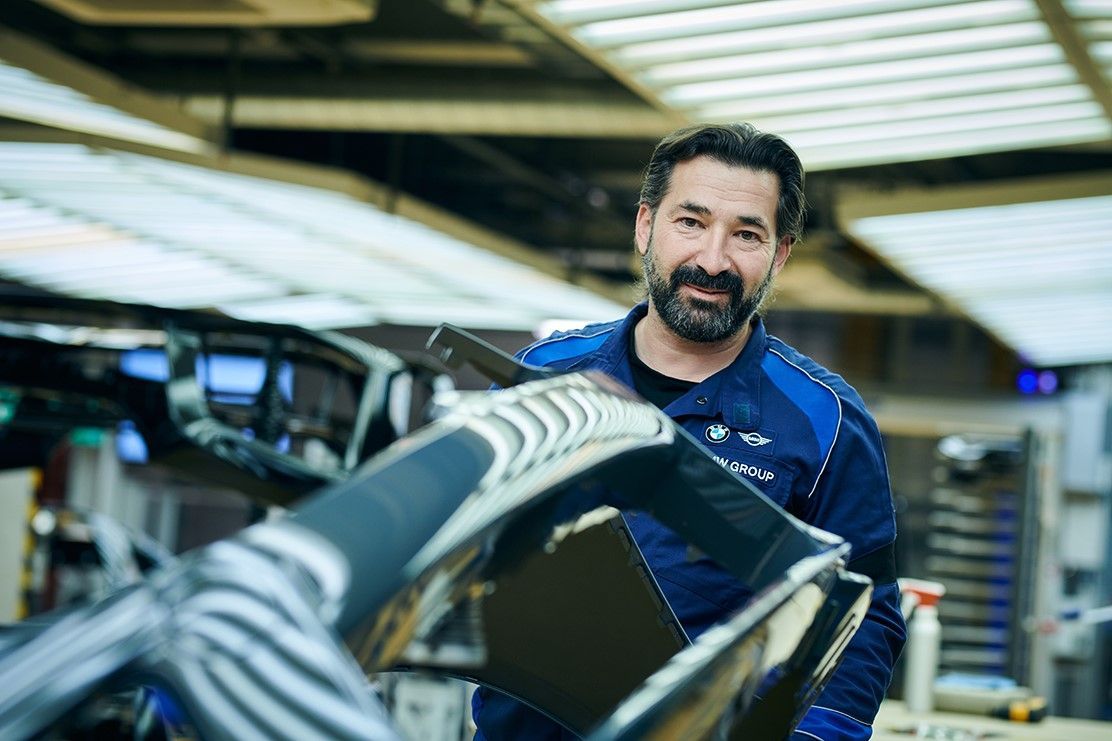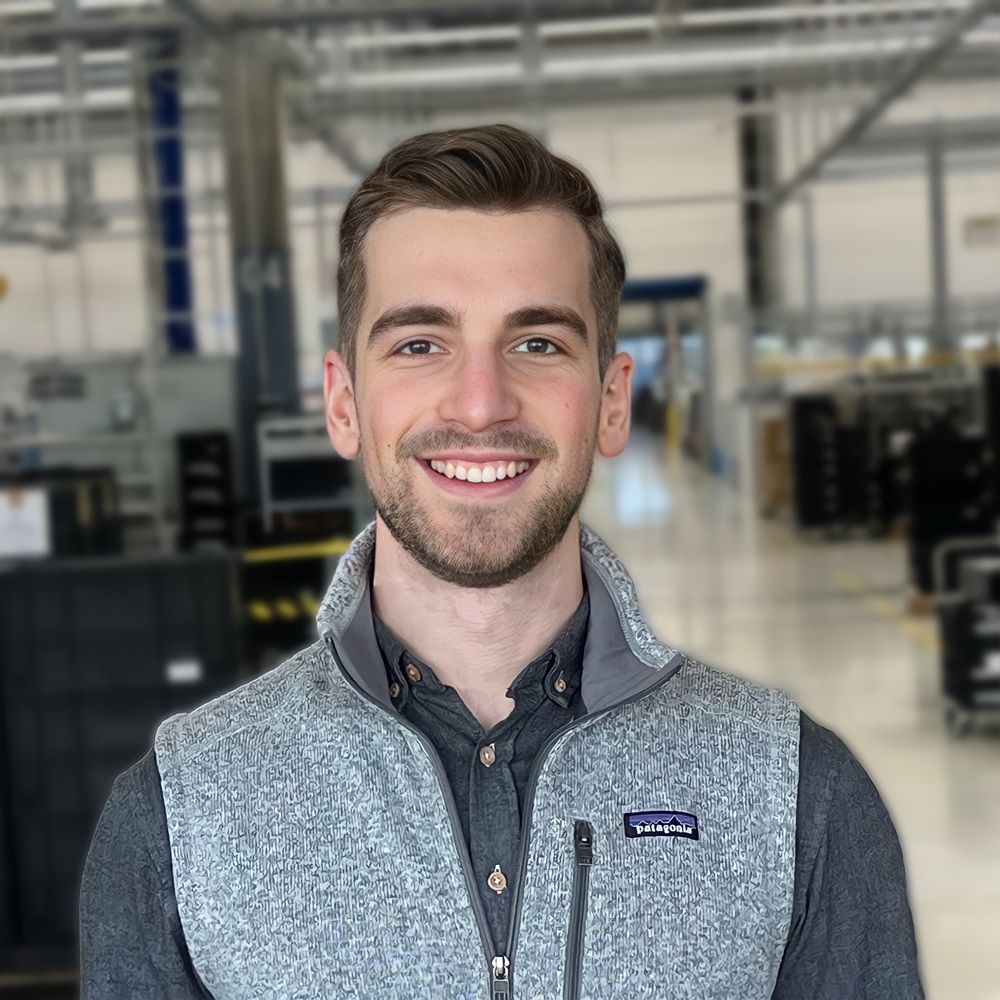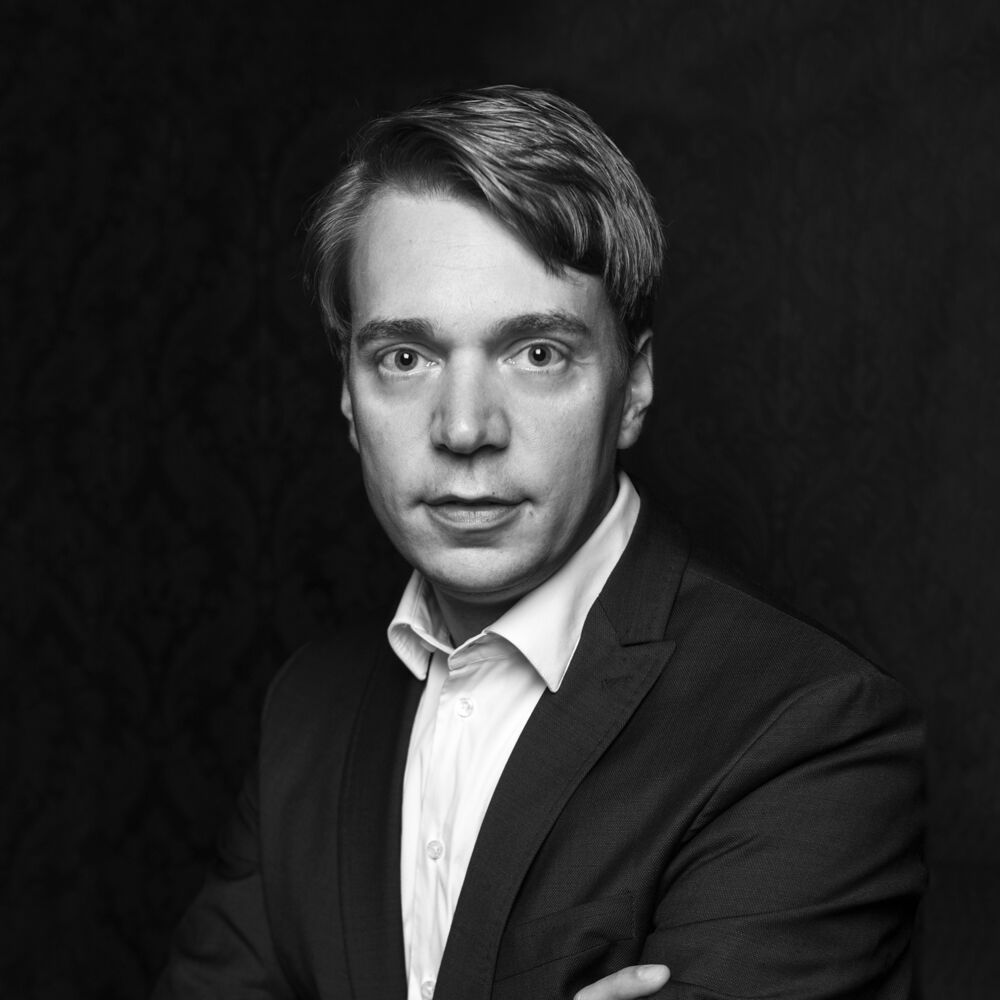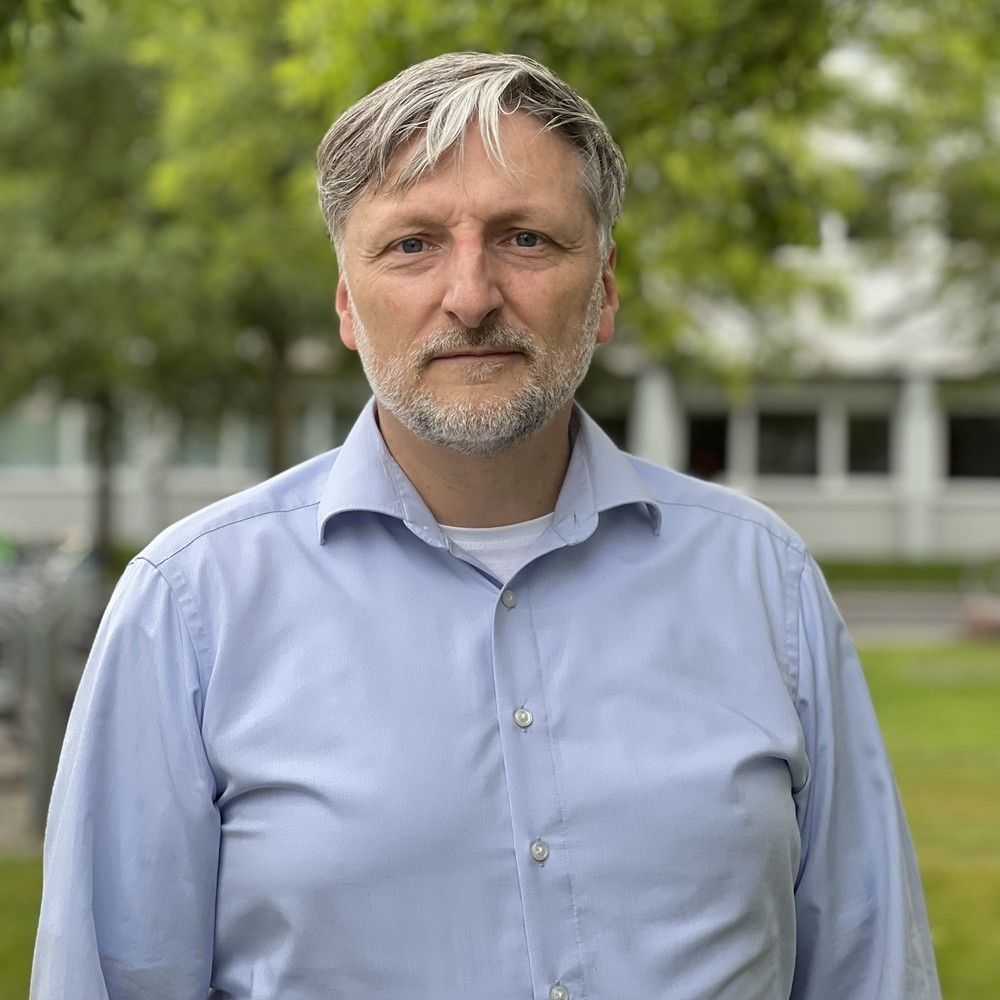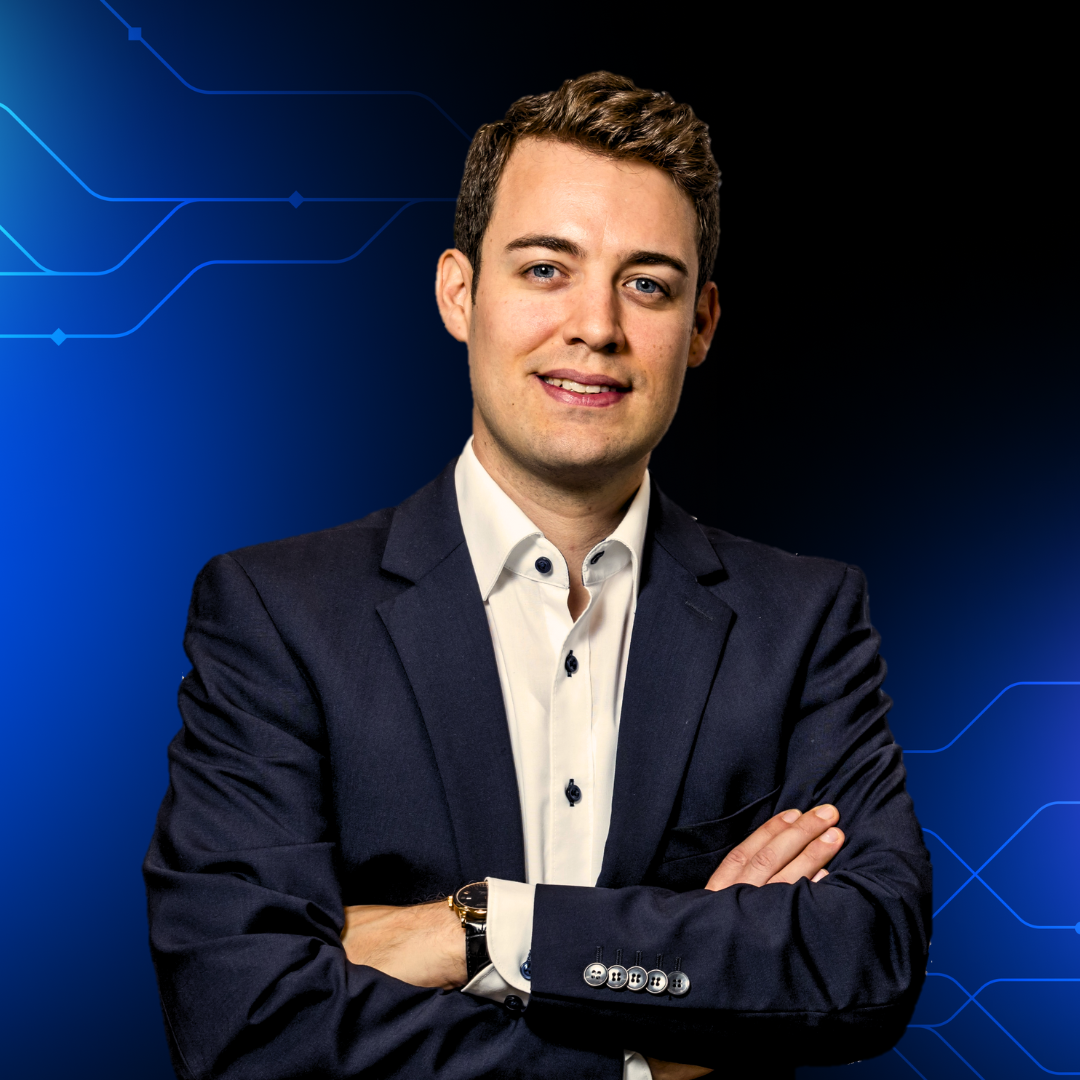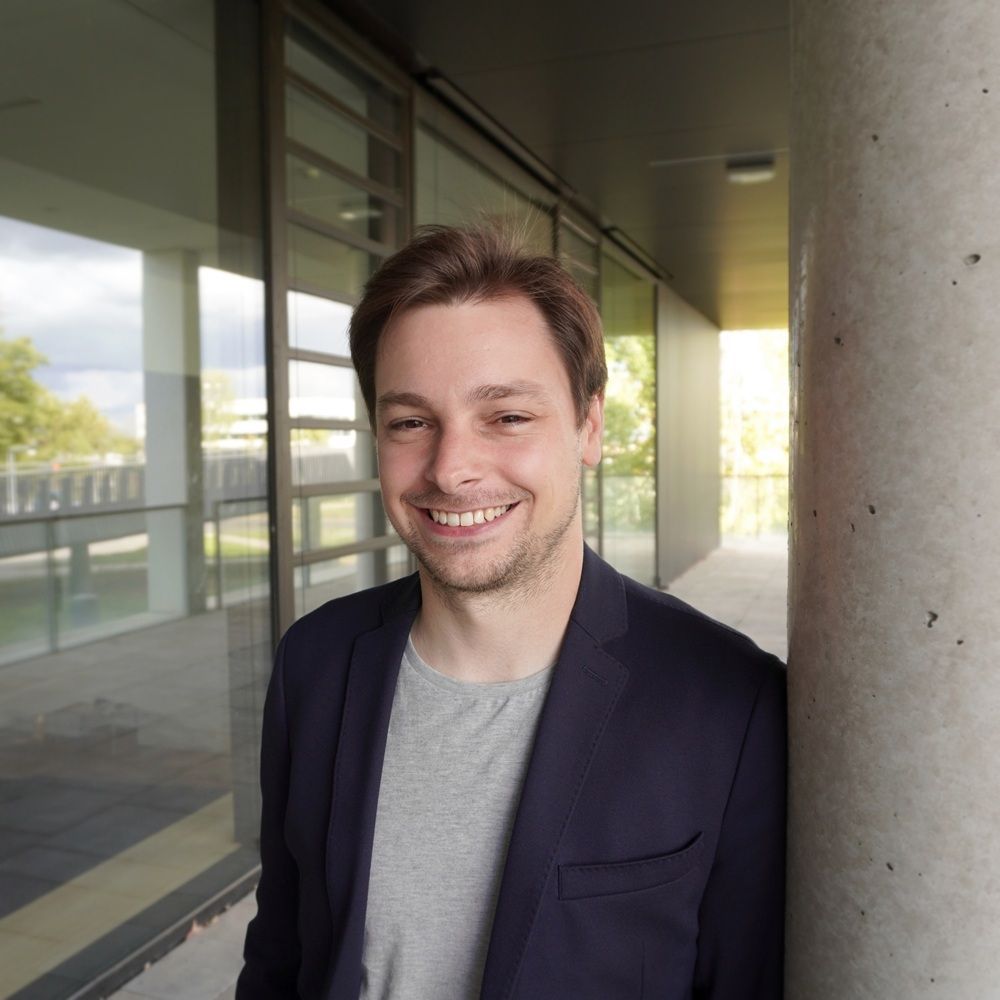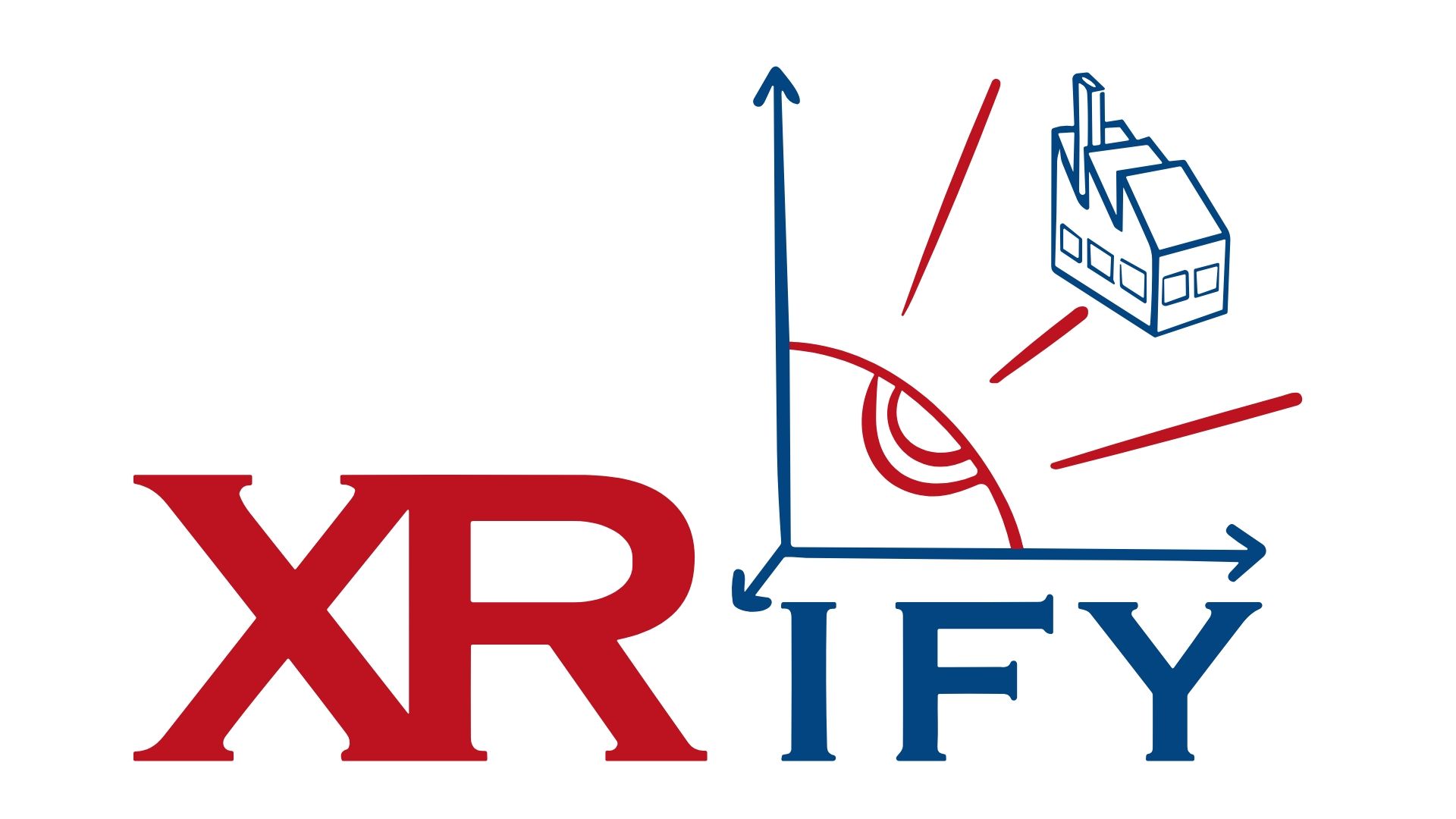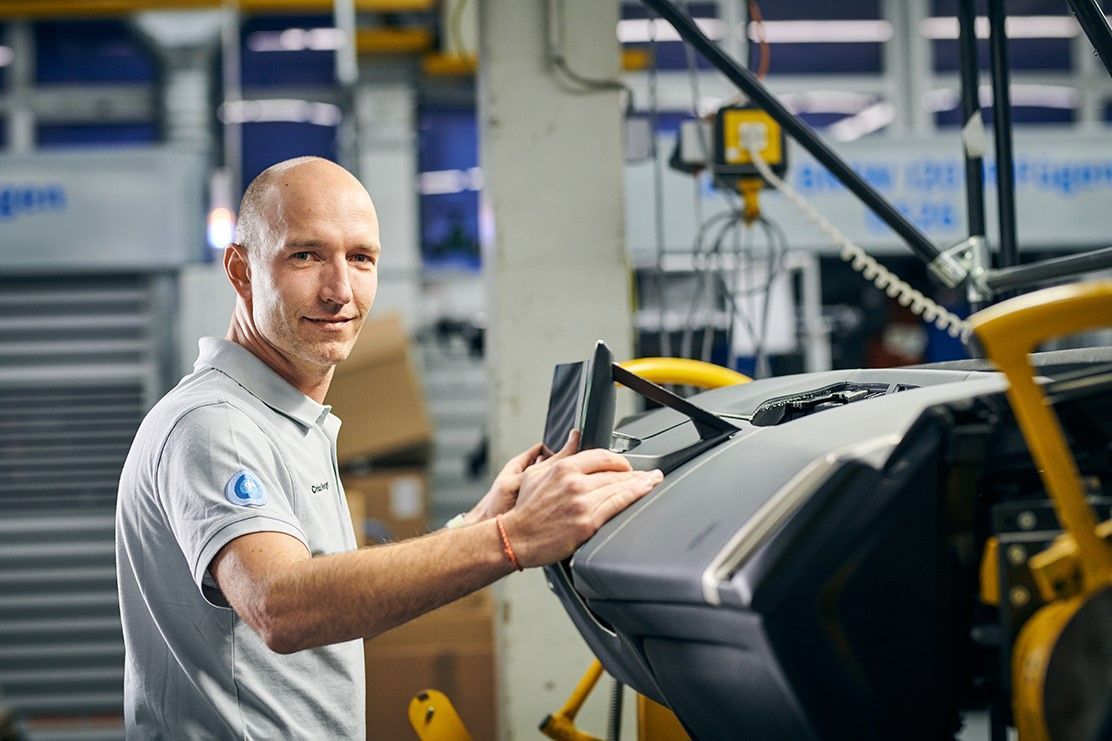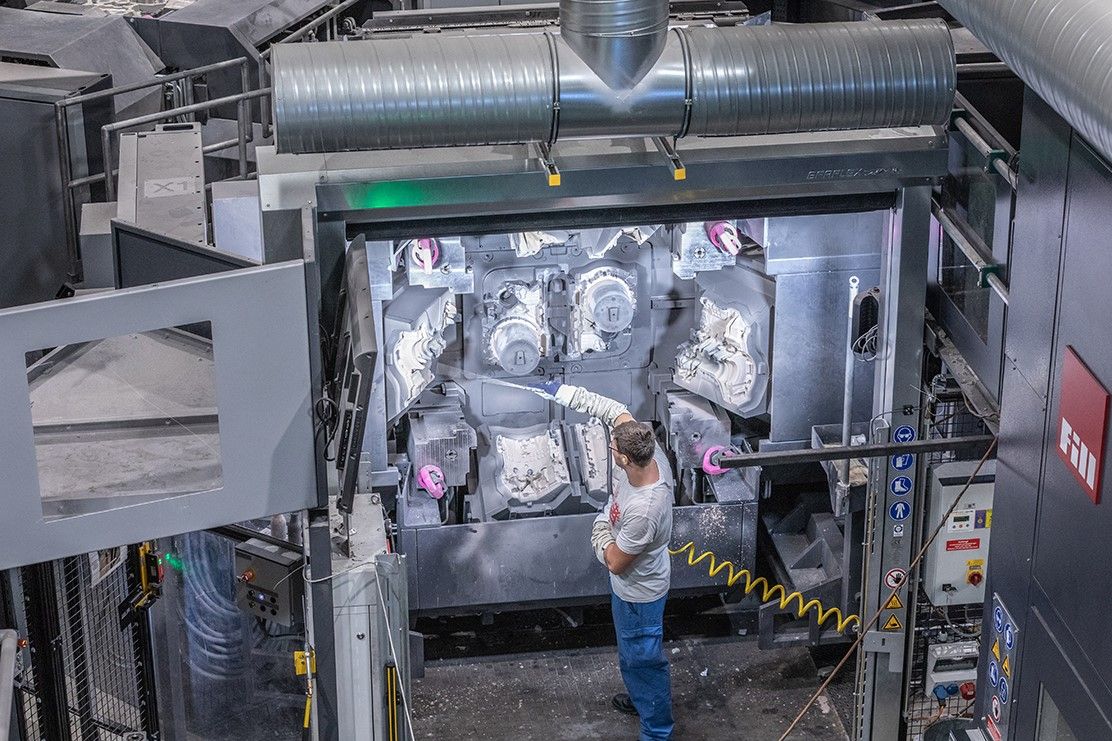Program Schedule 2025
Factory tour, keynotes and panels by experts (Presentations will be held in German)
In addition to exciting and insightful presentations from production experts, participants will have the exclusive opportunity to take part in a tour of the BMW Group plant in Landshut specially tailored to the participants of the "Smart Factory Day" and to experience best practice on site.
Please note: The presentations will be held in German.
Wednesday, May 14, 2025
Shuttle service to the BMW Group Werk Landshut, Gate 2
Meeting point: Stadtsäle Bernlochner, Ländtorplatz 2-5, 84028 Landshut
We recommend using the shuttle, as there are only very limited parking spaces available at the BMW Group plant.
Greetings & Welcome to Smart Factory Day 2025
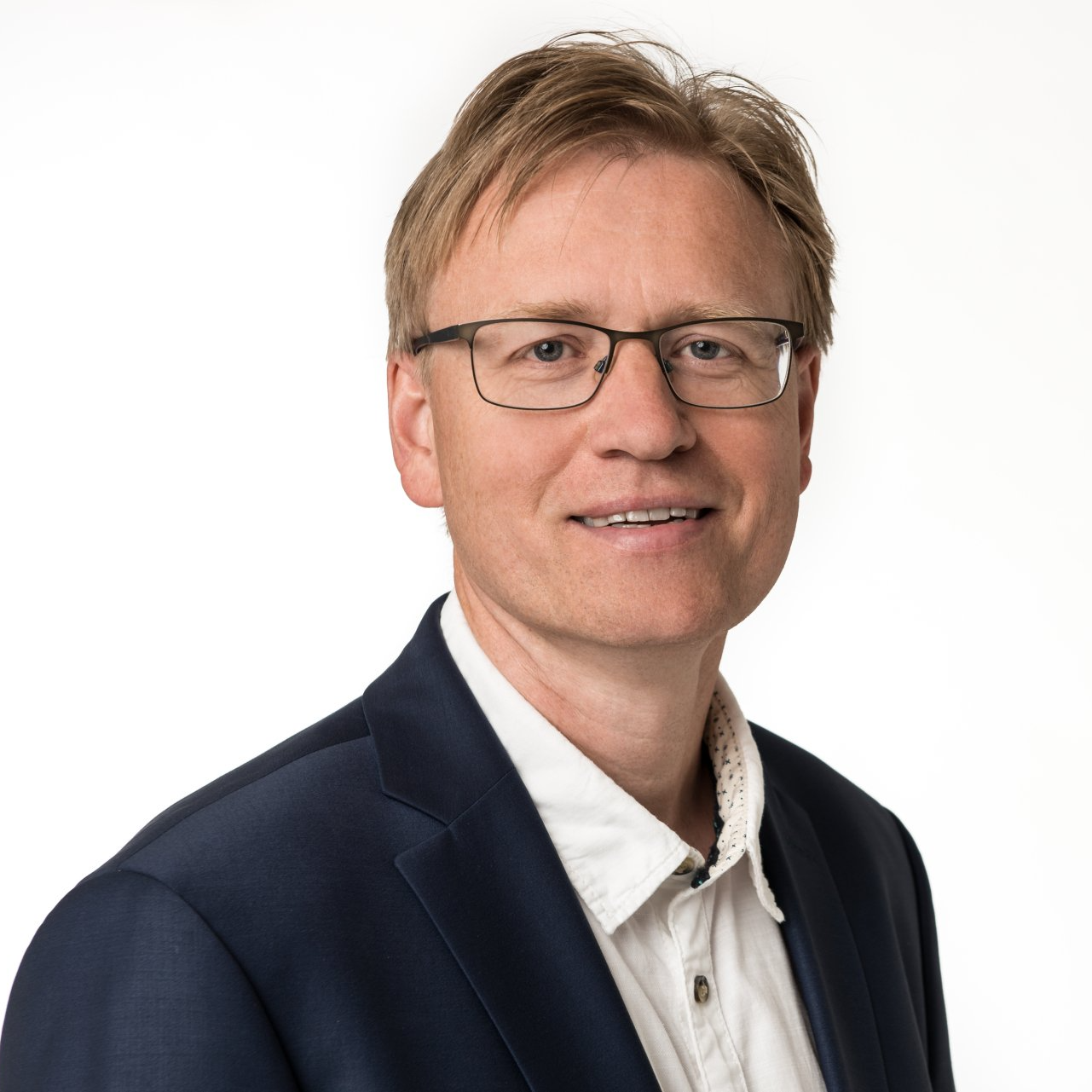
Editor-in-Chief of »Automobil Industrie« | Vogel Communications Group
Keynote Speech:
Technological expertise and flexibility as the key to transformation - BMW Group Plant Landshut as a centre of innovation.
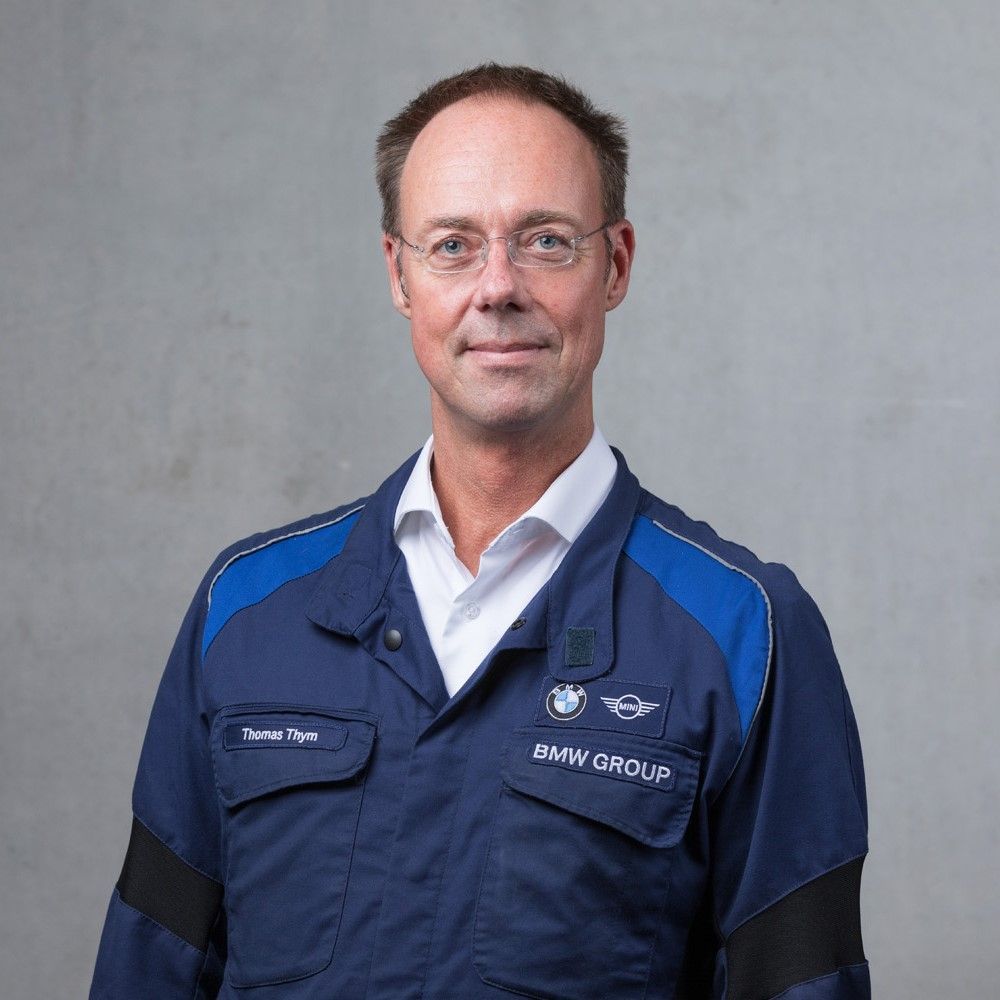
Site Manager BMW Group Plant Landshut | BMW Group
Tour of the BMW Group Landshut plant
Part of the tour will be the ultra-modern production system for the BMW Energy Master, the central control unit for the high-voltage battery for the New Class. The complex control unit is currently in pre-series production at the plant. You will also see the Landshut light metal foundry, which is in pre-series production for the central housing of the electric drive unit for the New Class. For the next generation of housings, experts have further developed the specially developed casting process, known as injector casting.
Photos: © BMW Group AG
Shuttle service transfer back to the conference location Stadtsäle Bernlochner
Networking Dinner the evening before the »Smart Factory Day«
Stadtsäle Bernlochner Landshut
Enjoy a relaxed dinner with participants, speakers and partners of the Smart Factory Day with numerous networking opportunities.
Thursday, May 15, 2025
Welcome & Introduction

Editor-in-Chief of »Automobil Industrie« | Vogel Communications Group
Keynote-Speech:
How artificial should intelligent production be? Google Cloud helps with the search
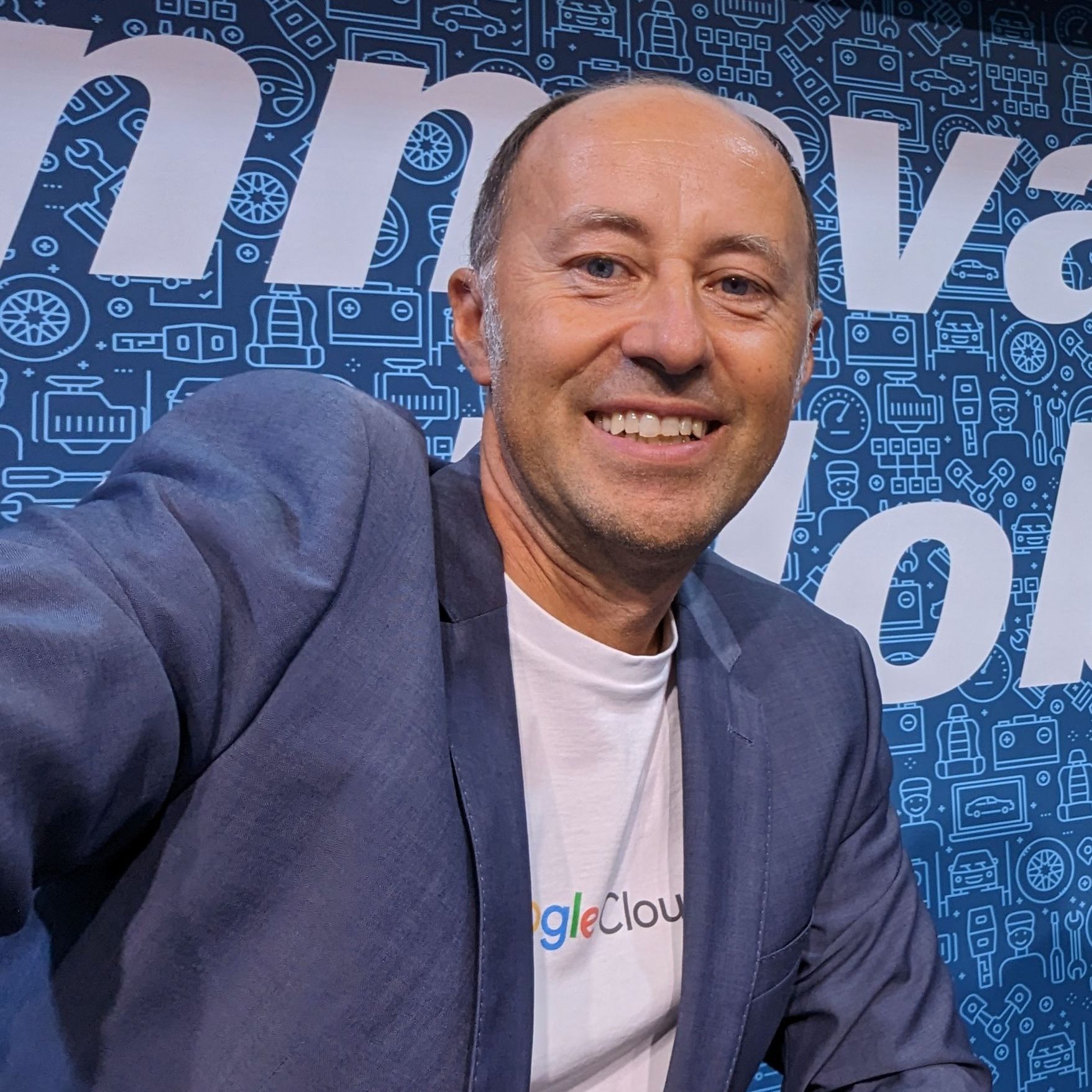
Head of Manufacturing Industry & Auto Germany | Google Cloud
AI for All: Driving Innovation from the Shop Floor at the MO360 AI Factory in the Mercedes-Benz Digital Factory Campus Berlin

Head of the MO360 AI Factory | Mercedes-Benz
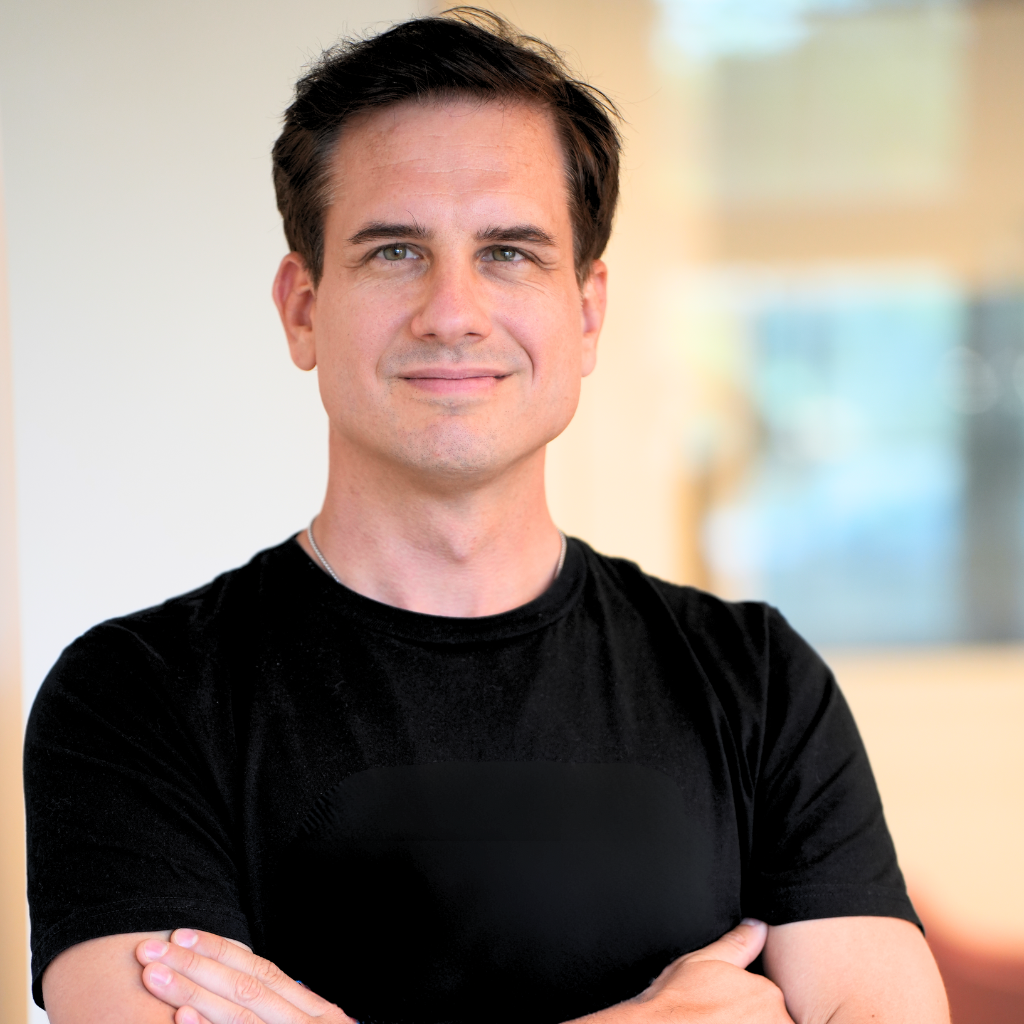
Generative AI Lead | Mercedes-Benz
Making Brownfield factories smarter and more sustainable - from proof of concept to scalable value creation
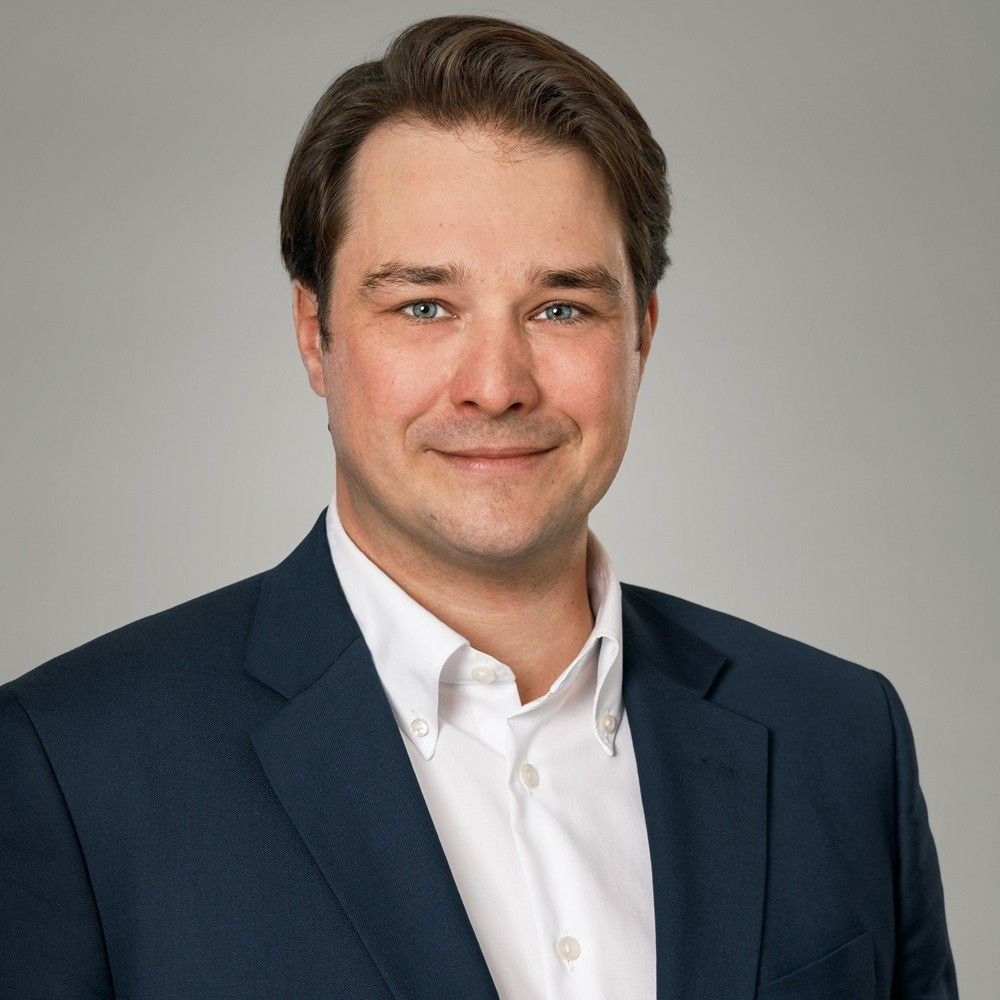
Vice President Automotive | Capgemini Invent
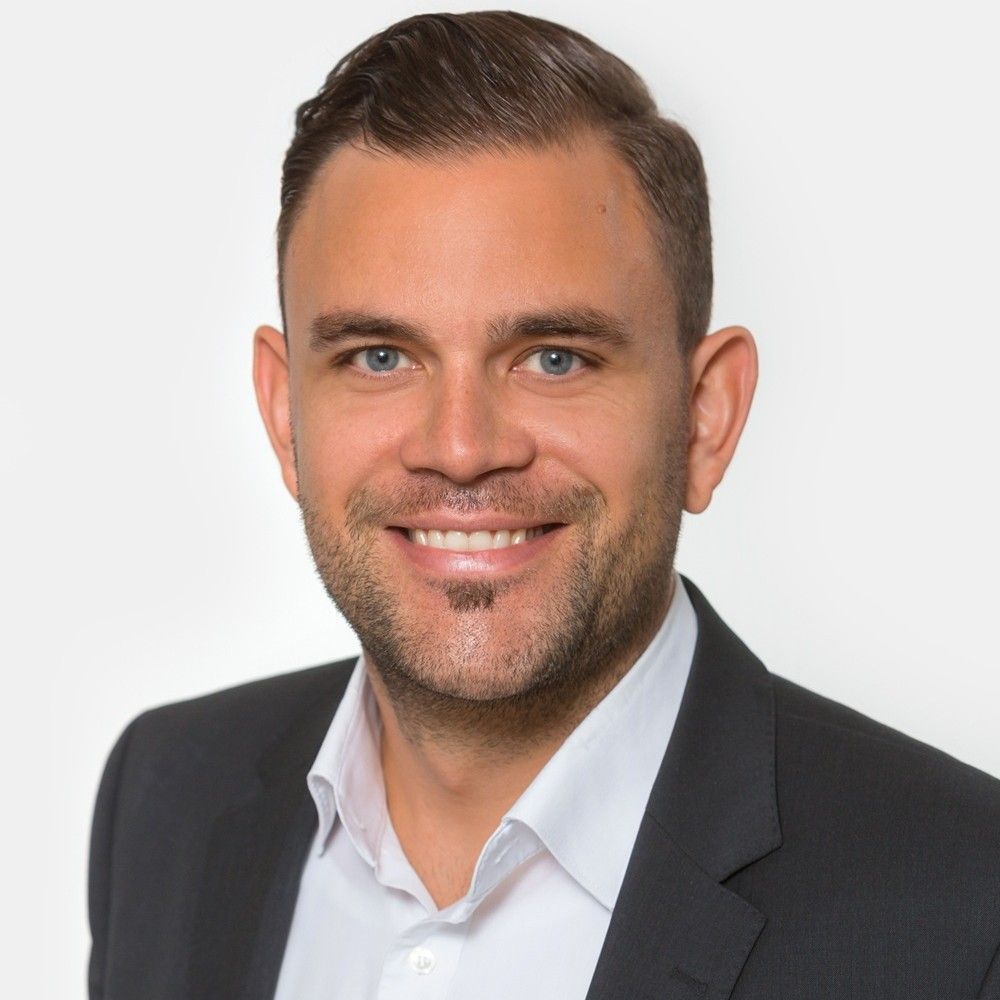
Head of Intelligent Manufacturing Germany | Capgemini
From data to insights: How captured sensor data can be turned into real added value from your process data using artificial intelligence
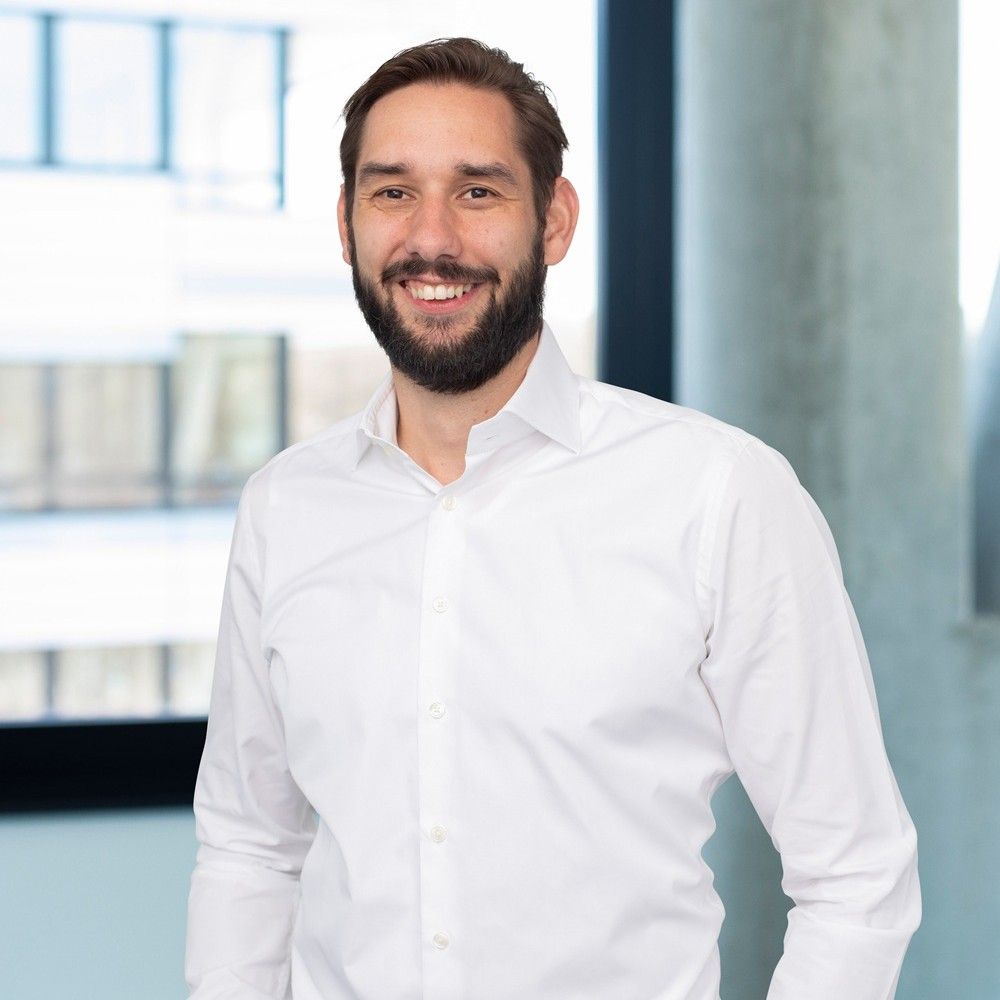
Managing Director | ifm statmath gmbh
Coffee break – Meet & Talk at the trade exhibition "Smart Expo"
More efficiency through data transparency
A holistic approach to scalable data management in manufacturing
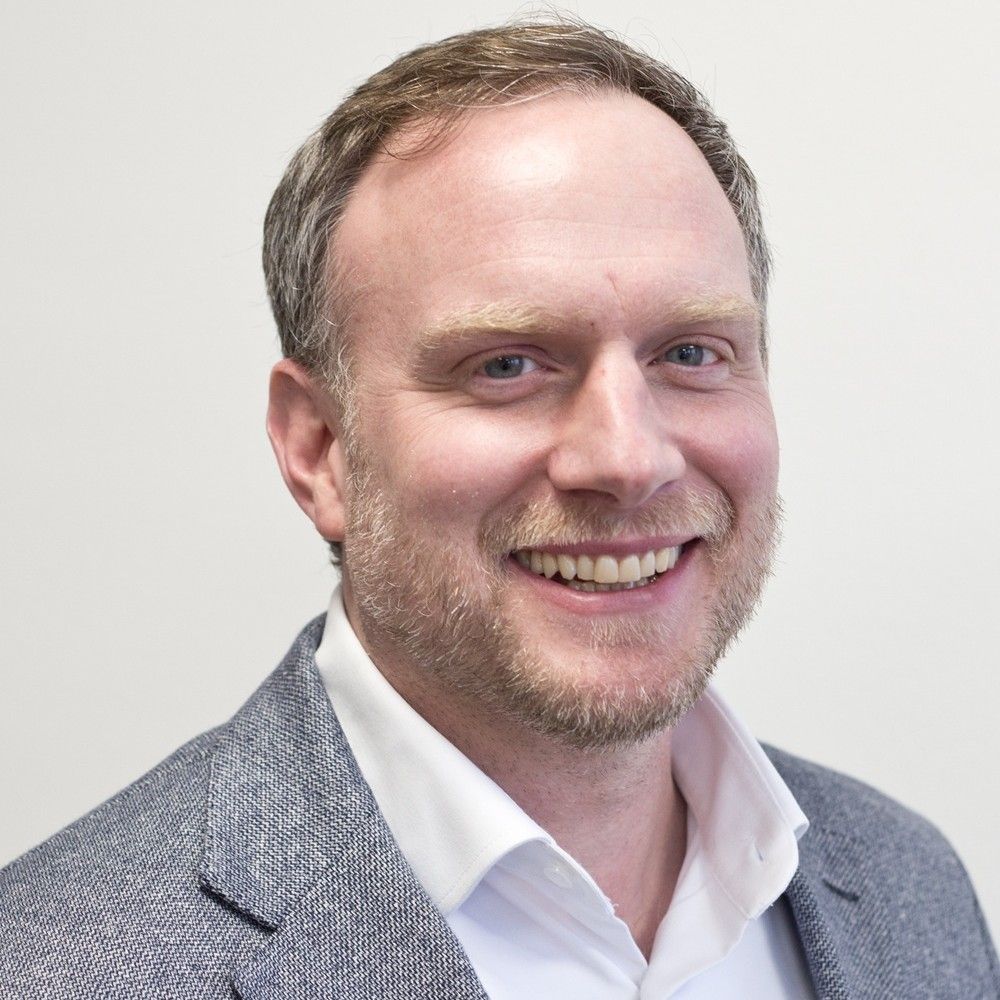
Managing Director Digital Manufacturing | Transition Technologies PSC
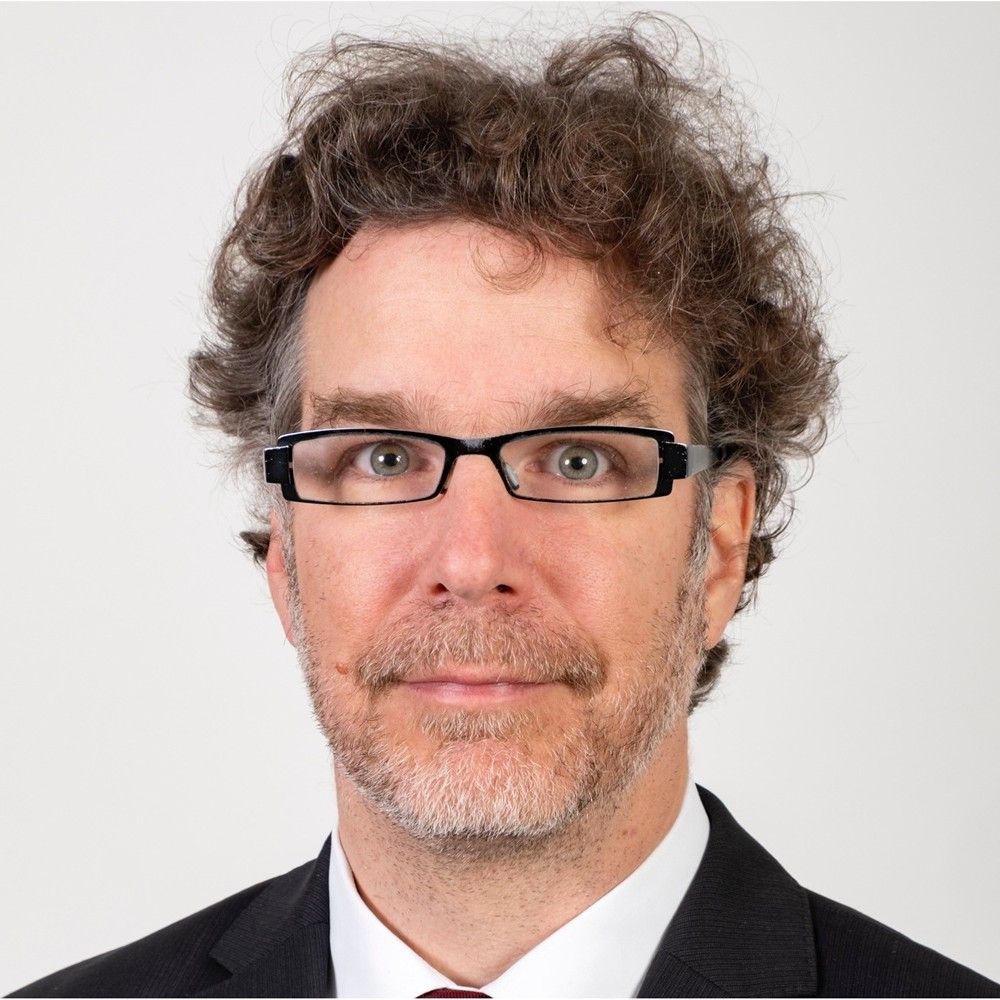
Senior Business Analyst Digital Manufacturing |Transition Technologies PSC
BENTELER and shyftplan: New Work with digital Workforce Management
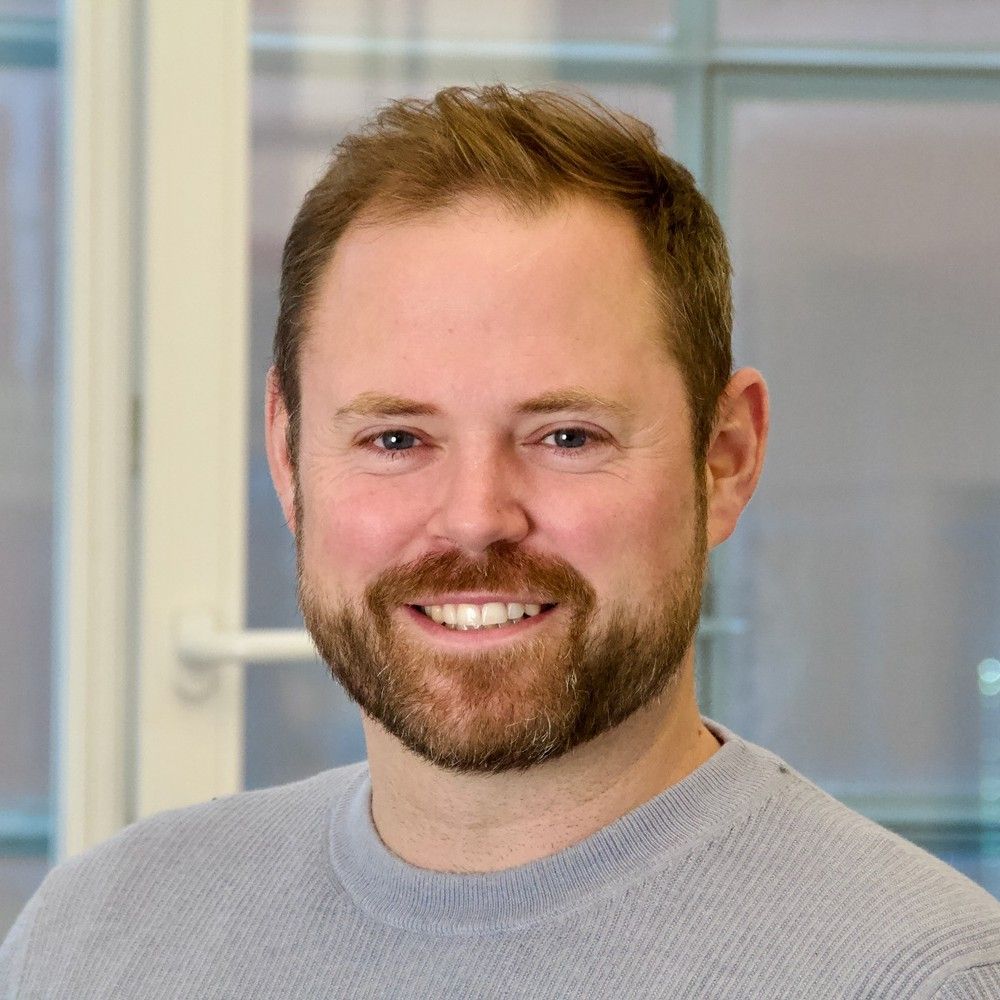
Head of Sales | shyftplan

Head of Operational Transformation | BENTELER Gruppe
Edge Cloud 4 Production: IT/OT convergence at Audi
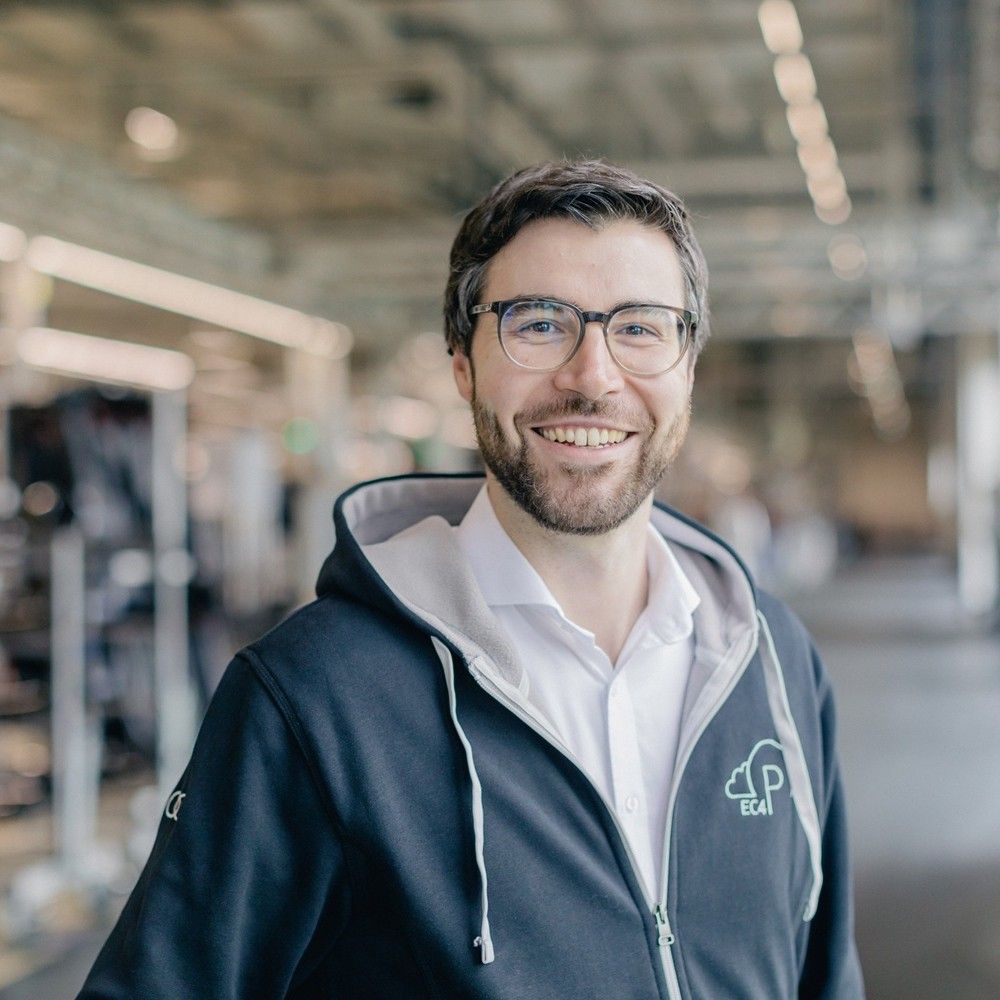
Project Manager of Edge Cloud 4 Production project | AUDI AG
Exhibitor tour and questions to the exhibitors
Moderation:

Editor-in-Chief of »Automobil Industrie« | Vogel Communications Group
Lunch break
Meet & Talk and visit to the Smart Expo
Innovative technologies on the way to the smart factory - Start-up session
Start-ups present themselves and their products and projects. In 4-minute pitches, the speakers have the opportunity to present themselves on the podium. Each presentation concludes with a short Q&A session with the audience.
Moderation:

Editor-in-Chief of »Automobil Industrie« | Vogel Communications Group
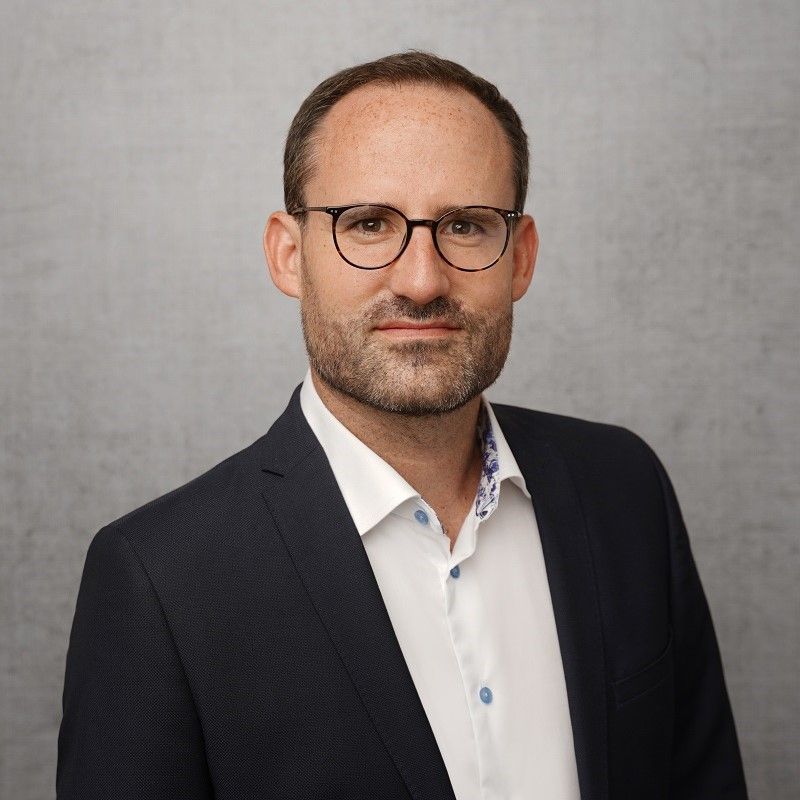
Manager Business Creation | EIT Manufacturing Central gGmbH
These start-ups present themselves and their products and projects:
Digital transformation in the BMW Group's component plants
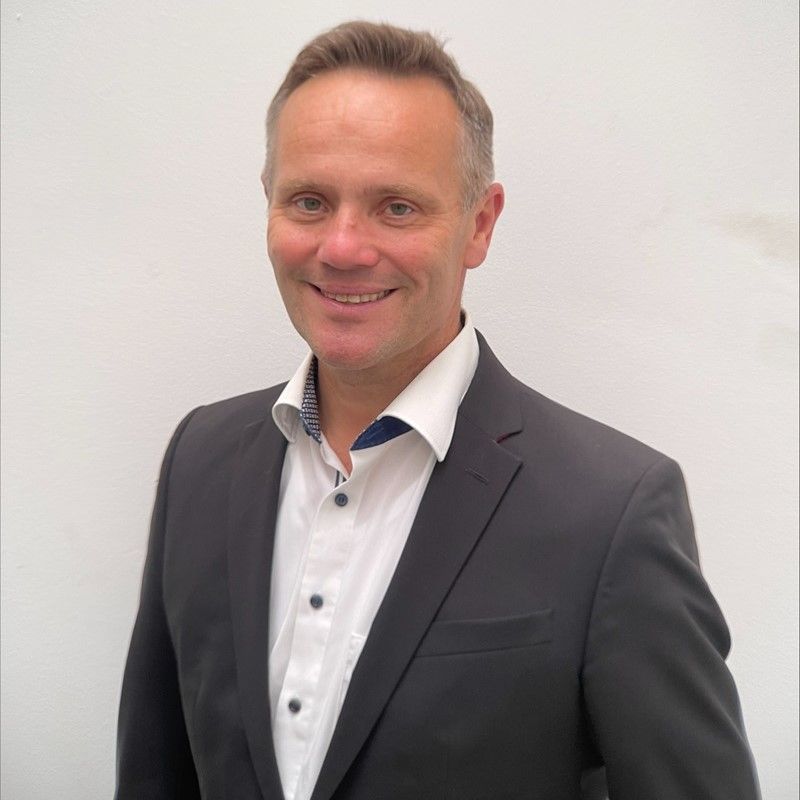
Franz Heigl
Head of Digitalization and Production System | BMW Group
Start of the shuttle service transfer to the BMW Group plant in Landshut, Gate 2
We recommend using the shuttle, as there are only very limited parking spaces available at the BMW Group plant.
Discussion at market areas at the Lightweight Construction and Technology Centre on the topics:
Lean management in component production at the BMW Group
The focus here is on communicating the lean method through the value-creation-oriented production system (WPS). Here we explain the structure of the BMW work organisation and the digital process board, which serves as a central control instrument. We also present how the value stream method is used to maximise the value added share. The target development process acts as an effective management and steering tool for the joint alignment of the organisation, enabling targets to be broken down to the grassroots level and translated into concrete challenges.
Quality in the supply chain
The Zero Defect Supply Chain Campus offers suppliers an insight into the component production system at the BMW Group plants in Landshut and Dingolfing. In an interactive workshop format, good practices regarding shop floor management, management with value stream and KPIs, sustainability and AI are exchanged, and in our blue print areas the discussed topics are brought to life in production.
Artificial intelligence & cyber security in component production at the BMW Group
In an experience room, the so-called AI-LAB, visitors will be able to experience first-hand how artificial intelligence can revolutionise production processes. We will show examples of the many possible applications of AI in areas such as production planning, control and optimisation. AI-based systems can analyse production processes, identify bottlenecks and monitor production processes in real time in order to increase productivity, conserve resources and improve product quality.
Furthermore, the existence and spread of generative AI requires a special focus on IT security. In our AI-LAB, we show how various attacks can affect production.
Shopfloor digital in component production at the BMW Group
The BMW Group is systematically driving forward the digitalisation of its production. With the Shopfloor Digital transformation programme, we are harmonising our diverse manufacturing processes and IT systems worldwide across all 30 locations in our production network. Key elements include standardising working methods across all technologies, improving data consistency and introducing an end-to-end, process-oriented process chain in order to improve production quality and efficiency across all locations and technologies and create a uniform user experience. To achieve this, the company is building a modern, cloud-based IT architecture and relying on process automation and AI solutions. Digitalisation is intended to make the company competitive for the future.
This market stand shows the initiative's approach and the basic concept for the IT architecture.
Smart logistics in component production at the BMW Group
The focus of this market stand is on the automation of logistics with innovations at BMW Group Plant Landshut.
Smart logistics is the basis for efficient and flexible production. Examples of this include autonomous transport systems and digital material provision on shelves.
End of Smart Factory Day 2025 und shuttle service transfer back to the conference location Stadtsäle Bernlochner
* Subject to change




